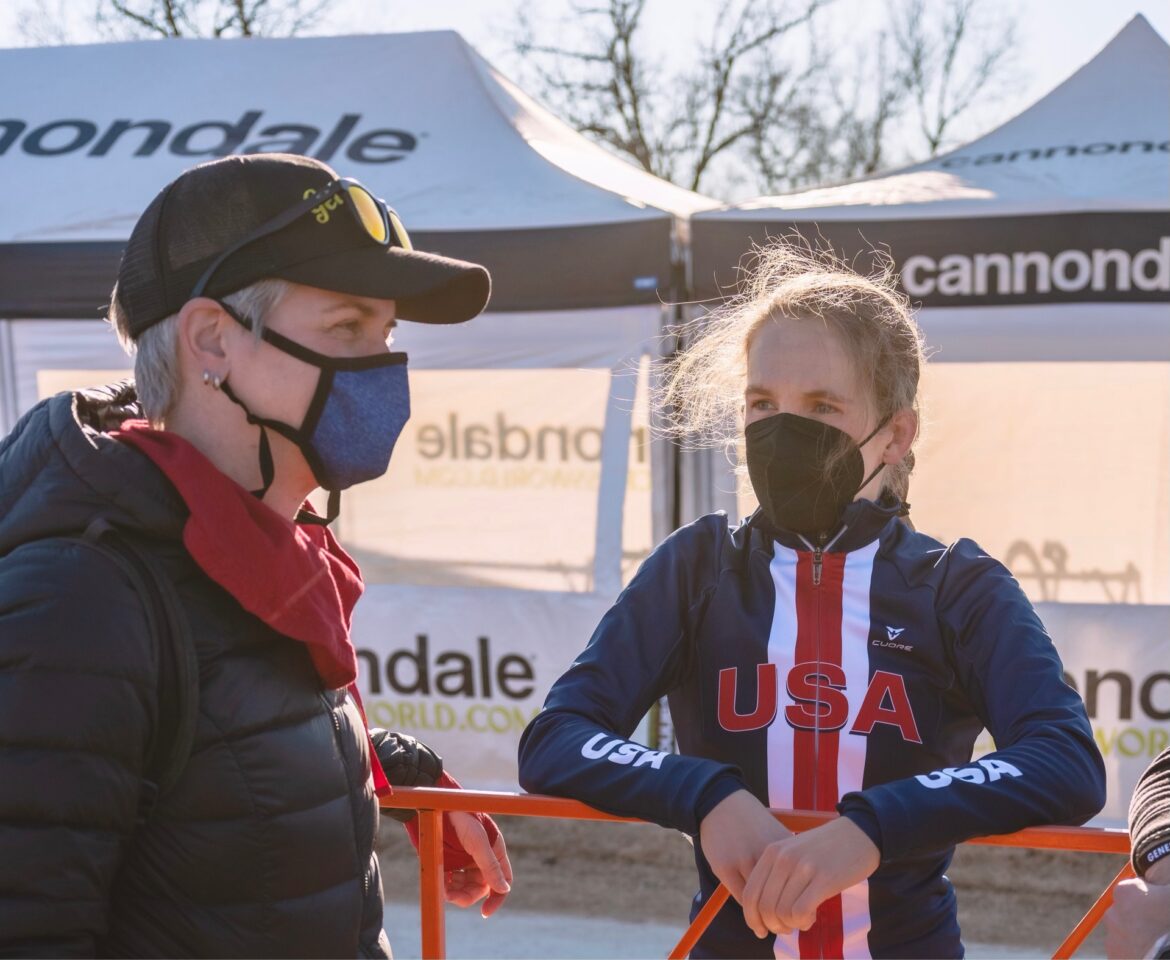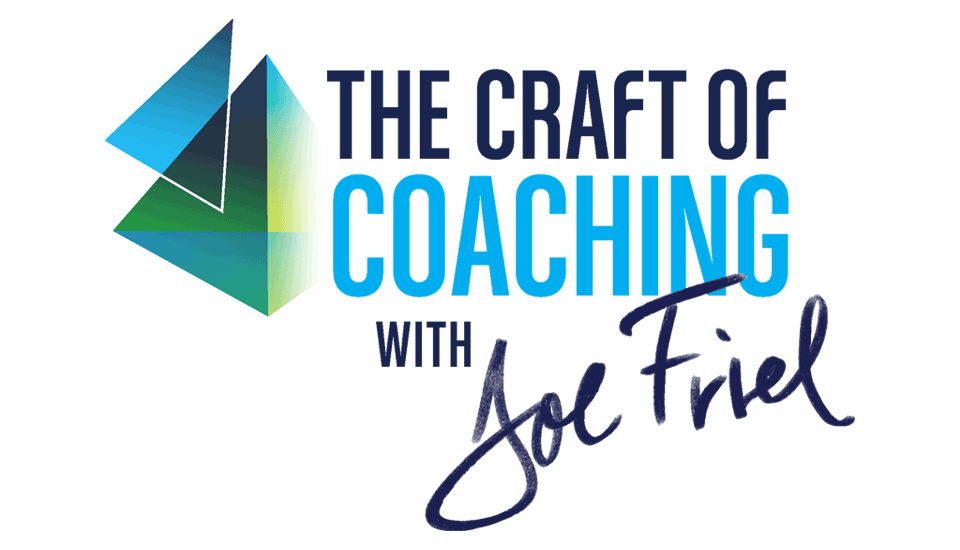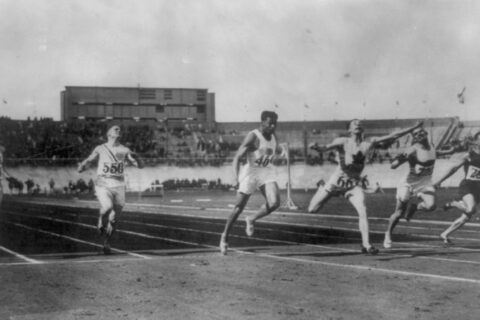Wenzel Coaching is a Portland-based business co-founded by former pro cyclist Kendra Wenzel. Today she coaches athletes at the highest level of the sport and equips her team of coaches to work with a wide range of clients. Find out more about her winning formula and her commitment to growing the sport of cycling.
Wenzel Coaching is a Portland-based business co-founded by former pro cyclist Kendra Wenzel. Today she coaches athletes at the highest level of the sport and equips her team of coaches to work with a wide range of clients. Find out more about her winning formula and her commitment to growing the sport of cycling.





